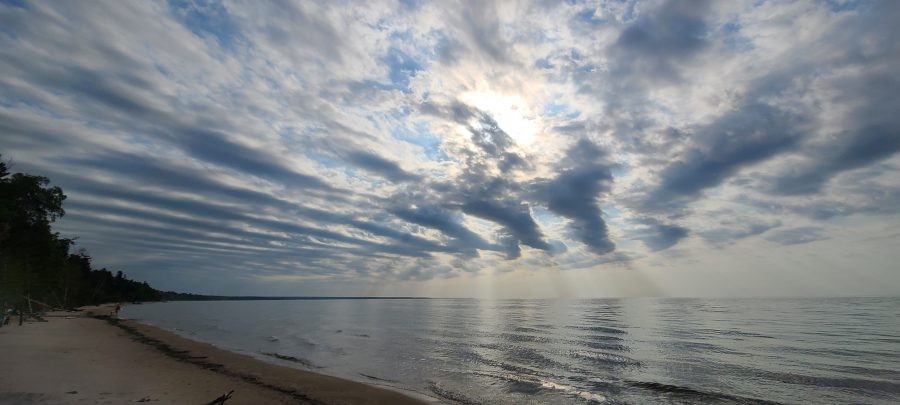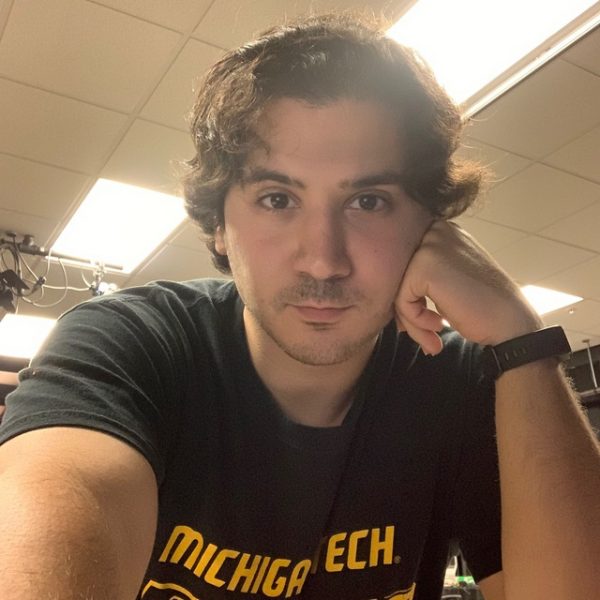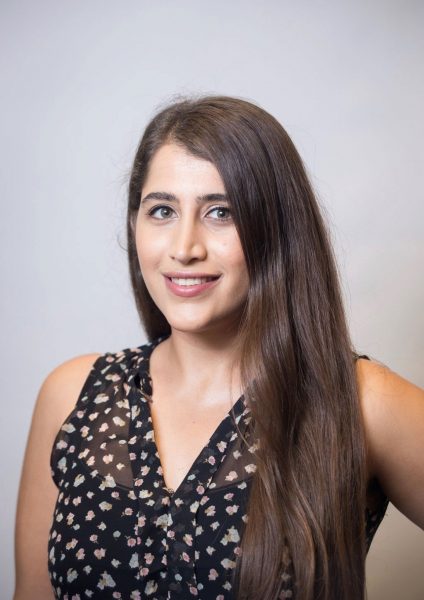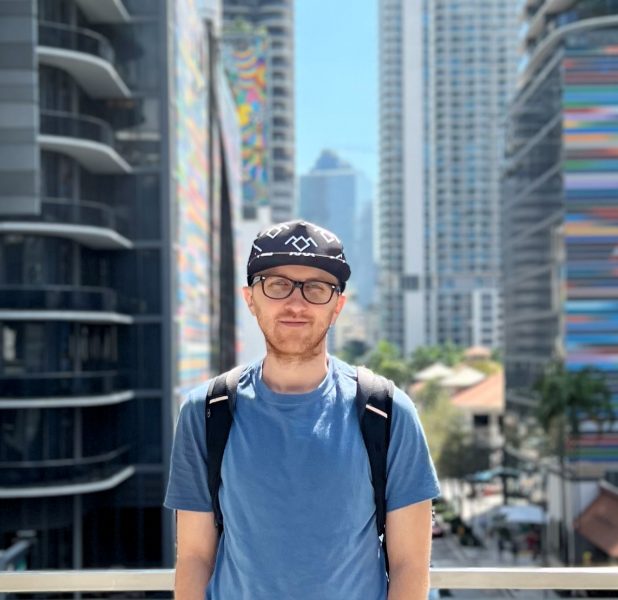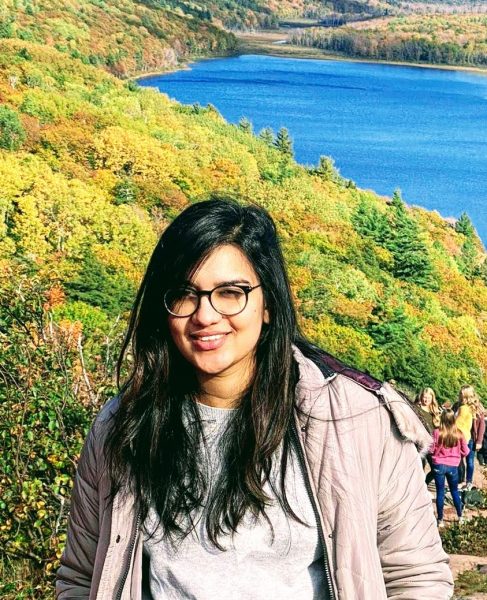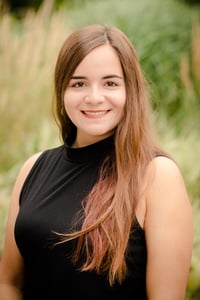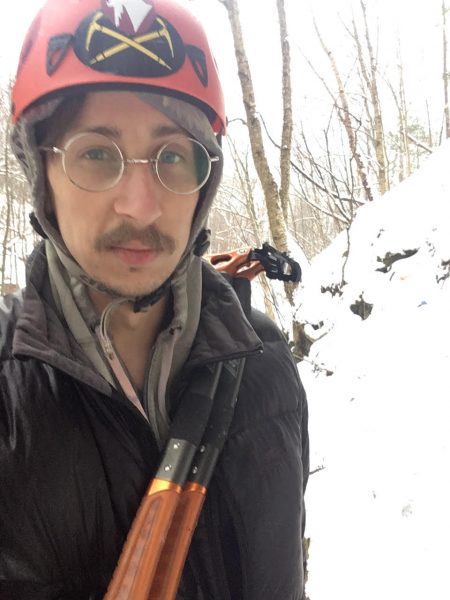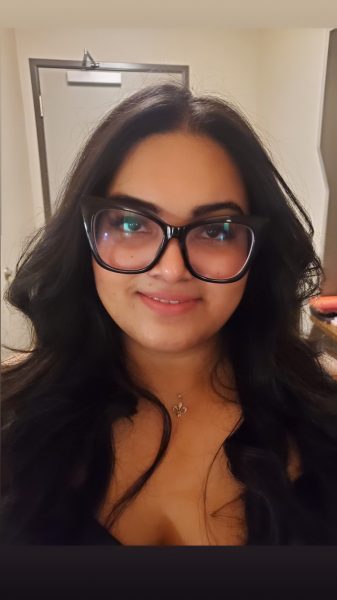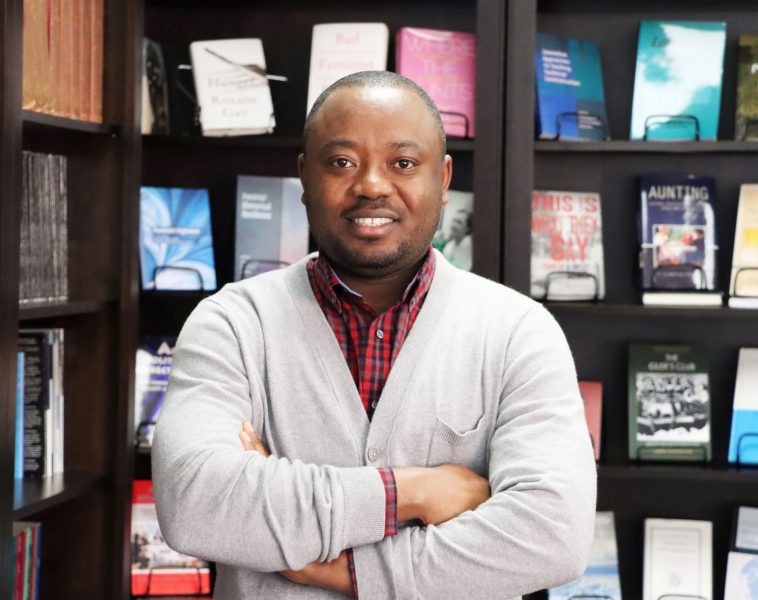Cloud Appreciation Day 2023 is happening on Friday, September 15th! This is an internationally recognized day when people worldwide are encouraged to spend a few moments appreciating the beauty of the sky.
“On Cloud Appreciation Day, anyone anywhere will be able to upload their photograph of the sky to the Atlas for free. They can also leave some words about how the sky makes them feel. It will be an opportunity for us to encourage everyone to lift their attention, lift their spirits, and spend a few moments appreciating the simple beauty of the sky. The Memory Cloud Atlas was launched in 2022 as a place where anyone on Cloud Appreciation Day can share an image of their sky and write or record some words on how it makes them feel. The Memory Cloud Atlas will serve as a snapshot on a single day of our collective views on the most dynamic, evocative, and accessible part of nature: the sky. The Atlas will remain online as a record of a world looking up on Cloud Appreciation Day to the most dynamic, evocative, and poetic of nature’s displays.”
Check out all the details here: https://cloudappreciationsociety.org/cloud-appreciation-day-2023/
